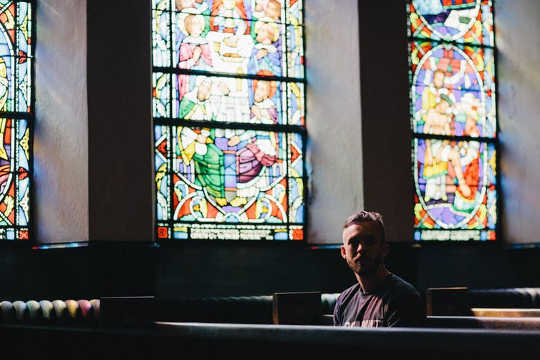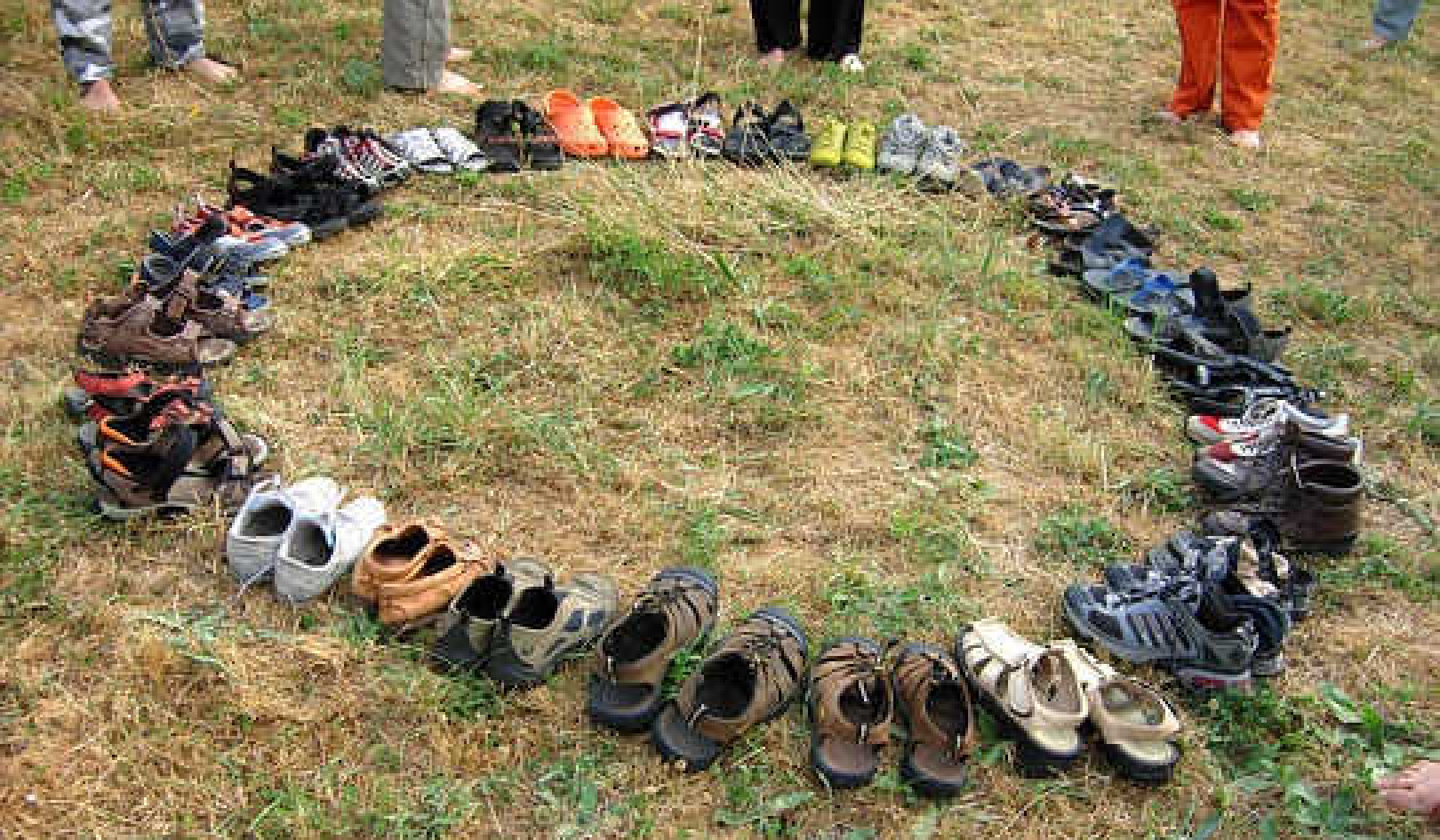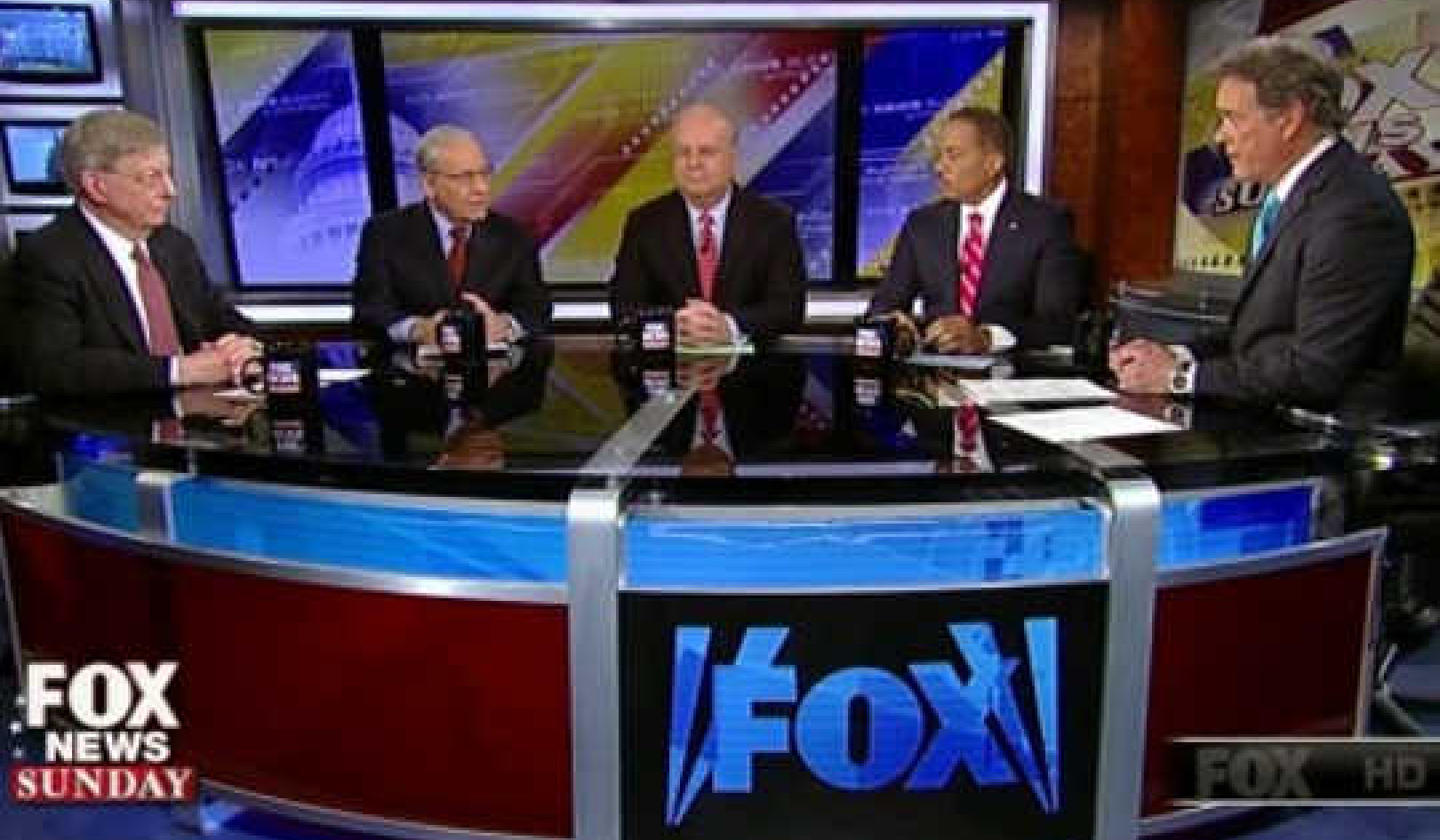
Declining numbers at churches are most dramatic among liberal denominations. Karl Fredrickson/Unsplash
The kind of Christianity that makes headlines today is the Mike Pence brand – conservative and aligned with the United States Republican party – leaving many people to believe, including progressive Christians, the religion is politically irredeemable. To use the terms “progressive” and “Christian” in the same sentence seems, to many, deeply odd.
Michael Coren, a cultural critic and defender of progressive Christianity, recently argued that “there is a battle raging and roaring for the soul of Canadian Christianity — between what we can broadly describe as the church’s left and right flanks. And those on the right are winning the day.”
Along with his fellow progressive Christians, Coren is fighting for the soul of progressive Canadians — a cohort that has largely opted out of Christianity. But the truth is that this decline is not new. Since the 1960s, many progressives have turned their backs on Christianity.
While there may be fewer people in the pews at the United Church and in other liberal denominations, they are not empty. Many public figures in Canada, including Kathleen Wynne, the premier of Ontario and Green party leader Elizabeth May could be called progressive Christians.
Many of these church-goers are likely above the age of 35, because millennials have been shown to be the least religious generational cohort yet. Liberal denominations have struggled trying to attract younger members. Interestingly, my research among “spiritual but not religious” (SBNR) millennials shows these young Canadians nevertheless hold largely liberal understandings of religion.
One interpretation of this is that liberal Christianity is alive and well — it just isn’t found in the church. A more critical interpretation would be that liberal Christianity contains within it the seeds of its own demise.
Christianity became linked to conservatism
At some point between 1960 and 1980, “Christianity” both as an idea and a label came to be associated with conservatism.
Historian Mark Noll notes the 1960s was an era of cultural revolution, embodied in the hippie, feminist and gay liberation movements, which brought about a radical change in Canadian consciousness and collective identity.
Québec, in its Quiet Revolution attempted to shed its Catholic ties to civic society in what felt like a matter of weeks. And in what scholar José Eduardo Igartua called the “other Quiet Revolution,” English Canada underwent an equally radical restructuring.
By 1971, under the leadership of Pierre Trudeau, Canada had adopted an official policy of multiculturalism. The new policy shifted notions of “Christian Canada,” and paved the way for the conception of Canada many hold today — a country defined by individual rights, liberal tolerance and cultural diversity.
Conservative Christians responded to this cultural shift towards social liberalism with a vocal backlash, which they continue to provide. But faced with unprecedented cultural change, liberals within the church could not agree on what they stood for or against. At the same time, the New Age movement drew many progressives away from the church. This meant that by the end of the century, church attendance had dropped dramatically.
Yet Christians have often been at the forefront of progressive social change. Tommy Douglas, the father of medicare, was a Baptist socialist who founded the Co-operative Commonwealth Confederation, which eventually became the New Democratic Party. Pierre Trudeau, who did more than anyone else to brand Canada a multicultural country, was a liberal Catholic — just like his son, Justin, is today.
And so Christianity is not obviously at odds with social progress. Therefore, the antipathy between the labels “progressive” and “Christian” in the Canadian mind is socially and historically constructed.
Many factors contribute to this perception. Here are four of the strongest reasons:
-
Due to the alignment of the Christian Right with the Republican party in the United States, the public began to associate Christianity with far-right politics.
-
Christianity is often viewed as being at odds with feminism. This is, in part, because even liberal churches have been slow to accept certain tenets of feminism (for example, same-sex marriage), but also because feminism, since the 1980s, has spawned a variety of intellectual strands, many of which are very suspicious of Christianity.
-
The Catholic Church has been complicit in allowing child abuse — made disturbingly real to many by the film Spotlight — which I doubt even Pope Francis’s popularity among liberals could distract from.
-
The testimonies that came to light as a result of the Truth and Reconciliation Commission that explained the role played by the church (as well as the Canadian state) in creating and running residential schools sealed the deal for many progressives that Christianity does not stand on the side of the weak and vulnerable.
Liberalism, Christianity’s tenuous relationship
The tension between liberalism and Christianity is made most evident when we consider a recent controversy over the United Church minister Gretta Vosper, who came out as an atheist. The United Church is arguably one of the most socially progressive churches in Canada. It ordains women, marries same-sex couples and allows abortion. It has self-consciously placed itself on the left in the culture wars.
Nevertheless, it has retained one commitment that conflicts with the inclusive logic of mainstream liberal culture: A belief in God. Vosper’s case has forced the church, much like the counterculture of the ‘60s did, into a very difficult position.
They must now decide whether what is by most religious standards a minimal requirement for membership is too exclusive, thereby risking becoming even less distinguishable from the wider liberal culture, or allow themselves to take a more conservative stance.
Although onlooking progressives may applaud them if they choose the former, it is unlikely they will become members.
The core message is social justice
There are liberal theologians who would view the church’s acceptance of an atheist minister as ultimately symbolic of the compassion and radical acceptance of Jesus. Robin Meyers, a well-known United Church of Christ pastor, is famous for calling himself “unapologetically liberal.”
In his book Saving Jesus From the Church, Meyers argues that Jesus is not a saviour but a teacher; Christianity should not teach original sin, but original blessing; and the core message of Jesus is ultimately one of social justice and compassion.
He paints a picture of Christianity that the “spiritual but not religious” millennials I’ve interviewed would thoroughly embrace.
Yet few millennials have any interest in going to church.
I can only imagine this is because if, as Meyers preaches, faith is about “being” and not about “belief,” then one need not go to church, believe in God, or even identify as “Christian” in order to live the Christian life.
Any revival of the once harmonious relationship between the labels “progressive” and “Christian” will require serious work on the part of liberal Christians to counter the message that Christian is equal to conservative.
But even if this can be accomplished, any form of liberal Christianity will have to deal with the pressure within liberalism to stress individual interpretation over custom or tradition.
Conservatives have long argued that liberalism, by stressing individual conscience, leads away from community —especially religious community.
The fact that the biggest controversy within Canadian liberal Christianity today is whether you need to believe in God to be a Christian would seem, in some ways, to support this. But who knows how this will all play out. I certainly don’t.
About The Author
Galen Watts, PhD Candidate in the Cultural Studies Graduate Program, Queen's University, Ontario
This article was originally published on The Conversation. Read the original article.
Related Books:
at InnerSelf Market and Amazon



























